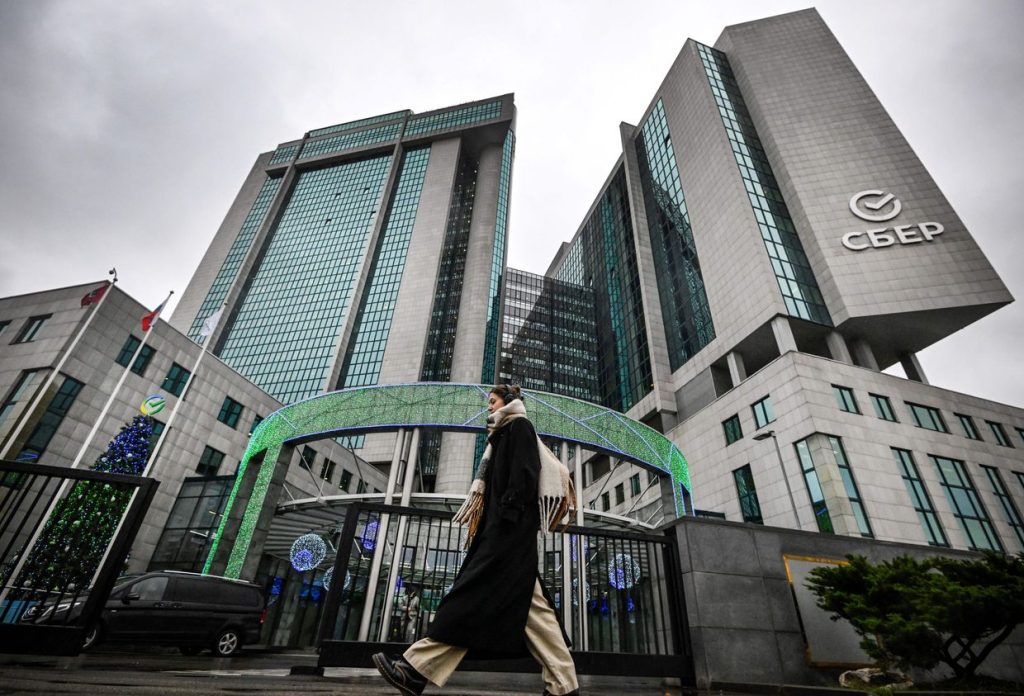Russia’s financial sanctions have recently started to impact the country’s economy, leading to internal conflicts within the Kremlin over control of the central bank. Business leaders have criticized central bank governor Elvira Nabiullina for her handling of the situation, as she has been in office since 2013. Despite the Kremlin’s claims that the sanctions have strengthened the economy, there have been three major exchange-rate crises since 2014, with Nabiullina managing each by hiking interest rates.
The central bank recently raised its key interest rate from 19% to 21% due to inflation concerns and an imbalance between domestic demand and supply. With official inflation at 9% and a real interest rate of 12%, Russia’s economic policy debate has intensified. Prominent oligarchs like Oleg Deripaska and Alexei Mordashov have criticized the central bank’s interest rate hikes, warning about the potential negative impact on enterprises. State-owned company Rostec CEO Sergei Chemezov also voiced concerns about bankruptcy and export halts due to elevated interest rates.
Putin’s allies, known as the “Gazprom parasites,” have seen their financial clout decline due to European sanctions leading to huge losses at Gazprom. Chemezov, associated with Putin’s inner circle, has emerged as a dominant figure among these allies, controlling Russia’s armaments industry through Rostec. Recent government personnel shifts have worked in Chemezov’s favor, enabling him to exert influence in key positions. The war in Ukraine has also benefitted Chemezov, as Defense Minister Sergei Shoigu’s dismissal has reduced complaints about Rostec’s products.
The Kremlin’s current economic policies and impending crisis have raised questions about the future leadership of the central bank. Nabiullina, who has focused on controlling inflation and stabilizing the ruble, may be dismissed for failing to curb inflation. Putin’s potential replacement for Nabiullina could impact interest rates, inflation, and capital outflows, further destabilizing the economy. Ending the war in Ukraine and withdrawing forces may be the only way to stabilize Russia’s economy.
Anders Åslund, a senior fellow at the Stockholm Free World Forum, reflects on Nabiullina’s history and suggests that her dismissal may be on the horizon. He recalls her victory in leading the central bank over a statist contender in 2013 and the current challenges she faces in controlling inflation and stabilizing the economy. The internal conflicts within the Kremlin over economic policies and the impact of Western sanctions on Russia’s economy highlight the complex situation facing Nabiullina and her potential replacement. The future of Russia’s economy hinges on resolving the conflict in Ukraine and addressing the country’s economic challenges.


